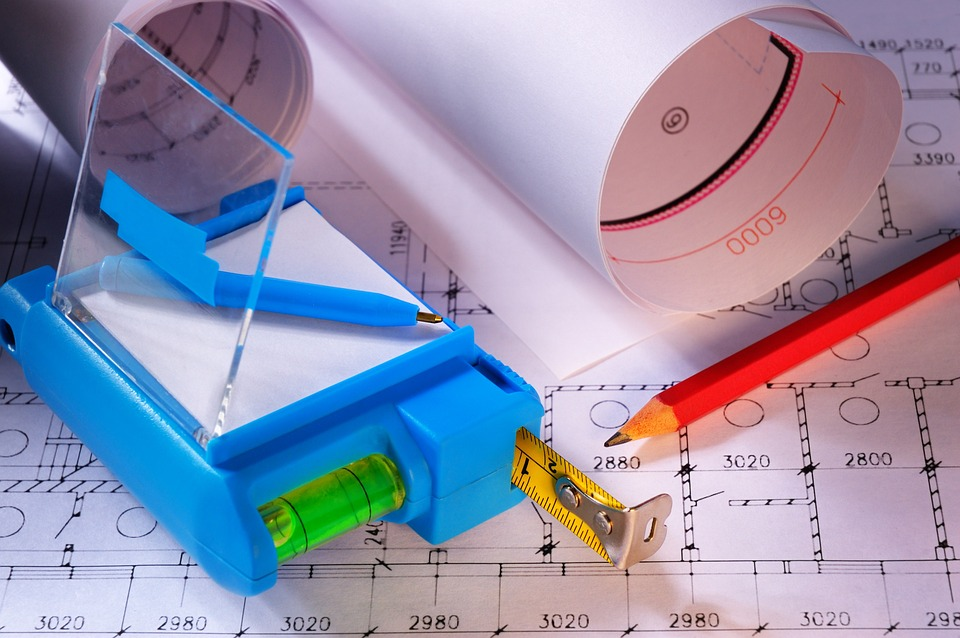Hiring a local contractor can be nerve-wracking. One wrong choice, and you might face delays, shoddy work, or skyrocketing costs.
It’s tempting to go with the lowest bid or the friend of a friend, but that often leads to bigger problems down the line. However, careful research and planning can save you both time and money in the long run.
If you want to ensure quality when hiring a local contractor, consider the following tips.
Check for Proper Licensing and Insurance
Contractors need valid licenses to operate legally in most states. Verifying this upfront helps avoid potential legal issues later. It would help to ask the contractor for their license number and then cross-check with local licensing boards.
Insurance is equally important. Liability coverage protects you if anything goes wrong during the project, such as property damage or injuries on-site. Without it, those costs could fall on you.
Some contractors may also carry additional insurance, such as workers' compensation for employees. Always confirm these details before signing anything to avoid costly surprises later on.
Verify Any Certifications or Specialized Training
In addition to checking licenses and insurance, request information about any certifications or specialized training. Certifications indicate higher quality artistry or knowledge of recent industry standards and best practices.
For example, when looking for running track contractors, choosing a company with certifications from a recognized body, such as the American Sports Builders Association (ASBA), can be a strong indicator of expertise.
Many contractors display certifications on their websites or business cards. However, it's always a good idea to ask directly and verify the credentials through the certifying organization.
Request References from Recent Clients
Recent clients can offer firsthand insight into contractors' work quality and professionalism. Ideally, request at least three references who completed projects similar to yours within the last year.
When contacting these clients, ask specific questions about how the contractor handled unexpected issues, whether they stuck to timelines, and if there were any cost overruns. This can reveal how well a contractor communicates and resolves problems.
New contractors without extensive portfolios may have fewer references but should still provide some form of proof or testimonials regarding their experience in related projects.
Review Online Testimonials and Ratings
Online reviews offer another layer of insight into a contractor's reliability. Popular platforms like Yelp, Google Reviews, and Angie’s List can provide a broader sense of customer satisfaction over time.
When assessing different contractors, monitor feedback patterns, especially regarding punctuality, work quality, and communication. Red flags, such as repeated complaints about unrepeated work or poor follow-up after project completion, shouldn't be ignored.
However, balance these reviews with context. Sometimes, a bad review reflects an isolated incident or misunderstanding, while overwhelmingly positive reviews may indicate strong performance.
Inspect Their Portfolio of Completed Projects
Most contractors maintain a portfolio showcasing their completed work. Reviewing this gives you a clearer sense of their style, competencies, and the types of projects they’ve handled before.
When inspecting portfolios, look for diversity in project size and scope. If possible, ask to visit some finished worksites to inspect craftsmanship in person or request high-resolution photos that capture detailed aspects like finishes and materials used.
A good portfolio should include recent projects similar to your own needs. It’s vital because older jobs might not reflect current industry standards or techniques the contractor uses today.
Get a Detailed, Written Contract Before Starting the Job
Before hiring any contractor, ensure you have a written contract that outlines all project specifics. The document should detail the scope of work, timelines, payment schedules, and any materials required for the job.
Clarifying critical aspects upfront helps avoid misunderstandings or unexpected costs later on. A solid contract also offers protection if disputes arise during construction or renovation.
If you don't understand the contract's specific clauses or legal terms, consider having a professional review it. An attorney or industry expert can help protect you from loopholes that might benefit only the contractor.
Parting Shot
Hiring a local contractor involves more than just picking the lowest bid. It requires attention to detail to ensure you're entrusting your project to a qualified professional.
Thanks to the above steps, you can equip yourself with the knowledge necessary for making an informed decision. Here’s to a successful partnership and outstanding results.

